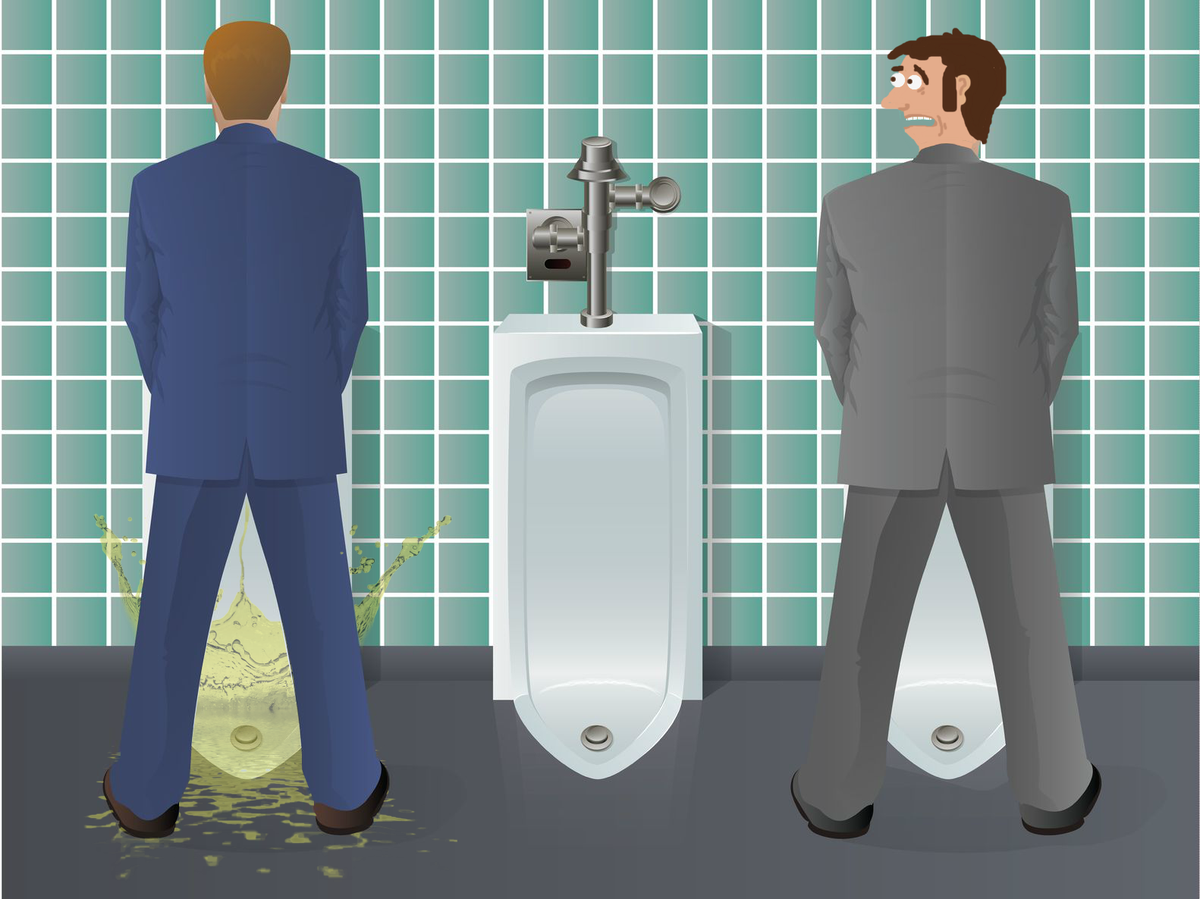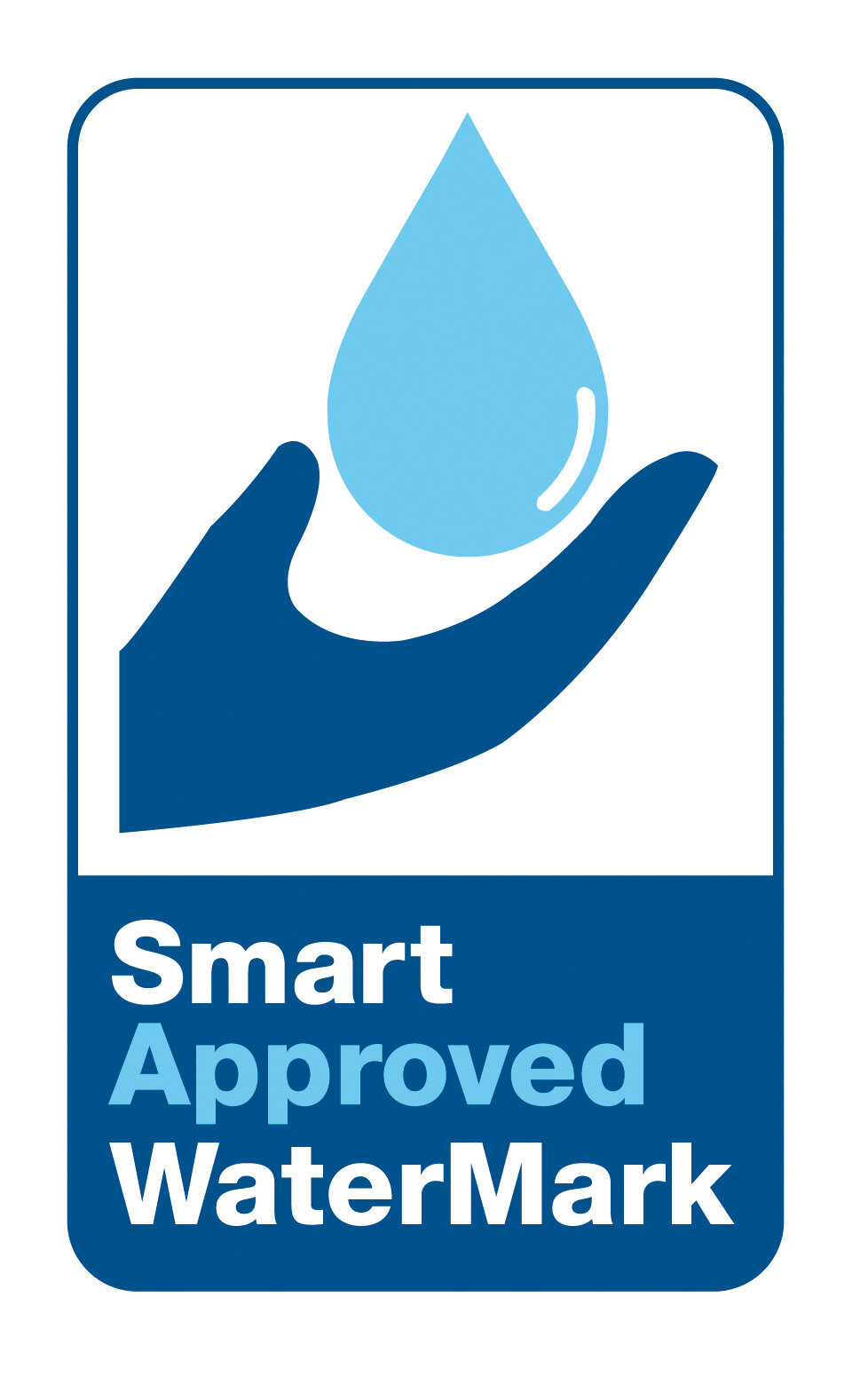About twenty million of us suffer from what is known as paruresis. The dictionary definition of Paruresis is an inability to urinate in the presence of others (as in a public restroom) and/or the fear of being unable to initiate or sustain urination when other people are nearby.
Often it refers only to men who have trouble urinating in urinals in a public restroom. For men, it is sometimes known as “shy bladder.”
But women can experience it too. For them, it is a generalized anxiety about going into and using a public restroom.
By the way, the word anxiety is an important word. There is usually nothing physically wrong with someone who suffers from paruresis—it is a fear or mental condition.
In a worst-case scenario, it may prevent people from socializing and keep students from going to school; it may compel someone to go home from an office or workplace to use the bathroom and then return to work; or force someone to avoid different forms of travel, especially in an airplane.
In milder cases, persons suffering from paruresis simply may wait until a public restroom is empty. Once it is empty, they feel comfortable using the restroom.
Image Credit:
Many people who have suffered with paruresis for a long time have become very clever about coping with it and creating workarounds. If they get a new job, start a new school, stay at a hotel or attend a convention, for instance, the first thing they do is scour the building, looking for a little used or one-toilet restroom. Then they feel safe and their anxiety dissipates.
As to what it’s like to suffer from paruresis, most sufferers say their heart starts beating fast, and they start hyperventilating, sweating, shaking and in some cases even fainting. Just walking by a restroom entrance can trigger some of these reactions.
Because it is an anxiety, it typically is the result of something we learned or experienced while growing up. Talking about it can help. Often people with shy bladder say they remember being teased or harassed in public restrooms. Others remember a parent or a friend embarrassing them in a restroom.
Sometimes, people take it upon themselves to overcome paruresis. They just force themselves to go into a restroom. But as soon as they are in the restroom, the anxieties surface. Sometimes they get sick in front of others in the restroom, embarrass themselves, and usually regret the entire experience. According to doctors who have investigated this mental condition, what often happens next is that it is even harder to go into the restroom than before.
So, what can be done about it?
If someone is really having problems, doctors will prescribe Xanax or Valium. However, these drugs are now tightly controlled, so they typically can only be used in an emergency, for instance, when flying long distances on a plane.
Sometimes drugs that relax the bladder are given. For many men, the problem is not that they can't enter the restroom. The problem is they just stand at the urinal or toilet, unable to use it. These types of drugs often help ease urination.
But what might be the best course of action is what we mentioned earlier, and that is, talking about it. This is not considered a complex mental condition. In fact, psychologists who treat people with paruresis say it typically requires only six to ten office visits.
The Urology Care Foundation estimates that with just these few therapy sessions, possibly supplemented with drug therapy, 85 of 100 people can control their shy bladder problems.











